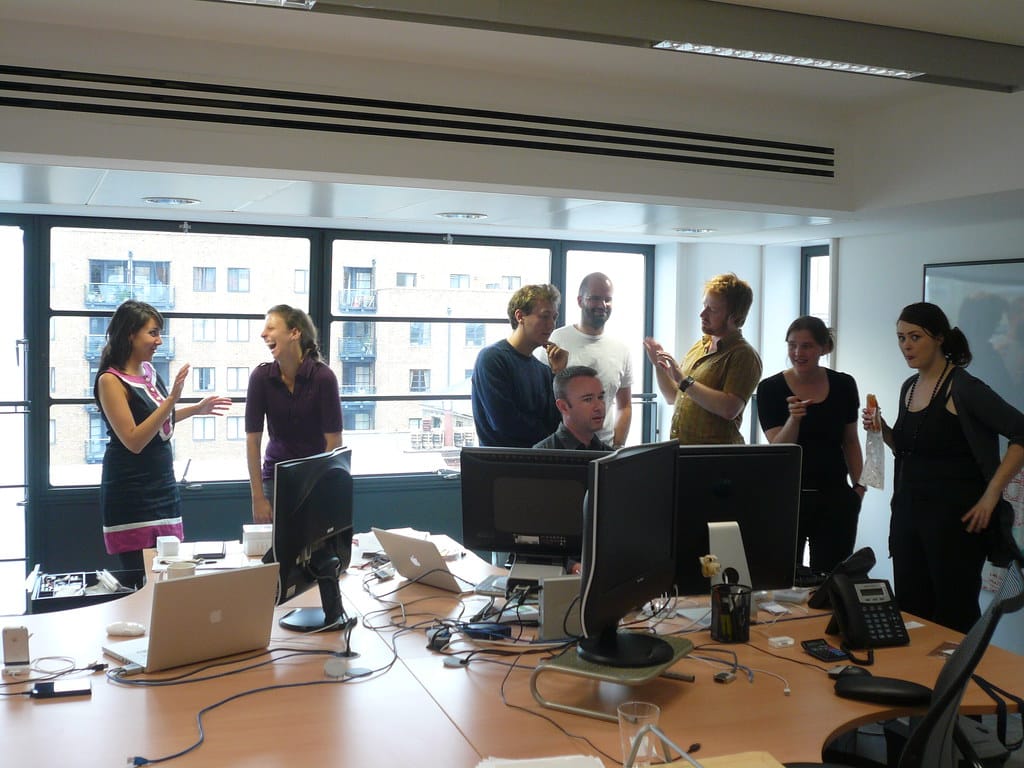The Rationality Paradox: Why We Make Better Decisions in Simple Games Than Complex Ones
A groundbreaking study using hybrid artificial intelligence models has revealed a surprising truth about human decision-making: we become less rational as situations grow more complex, but paradoxically more predictable in our irrationality. This research challenges long-held assumptions about human behavior and has profound implications for everything from economic policy to game design.
The Study That's Changing How We Think About Thinking
Researchers at leading institutions have developed sophisticated hybrid models that combine machine learning algorithms with behavioral economics to analyze how people make decisions in games of varying complexity. The results paint a fascinating picture of human cognition under pressure.
In simple games—think tic-tac-toe or basic strategic choices—humans demonstrate remarkable consistency with rational choice theory. Players calculate optimal moves, consider opponent strategies, and generally behave as economic models predict they should. However, as game complexity increases, something interesting happens: our rationality breaks down, but it breaks down in predictable ways.
The Complexity Trap
The research examined decision-making across a spectrum of games, from simple two-player scenarios to complex multi-agent environments with dozens of variables. What they found was a clear inverse relationship between complexity and rational behavior.
Simple Games: The Rational Human
In straightforward scenarios, participants made decisions that aligned closely with game theory predictions. When faced with clear choices and limited variables, humans excel at:
- Calculating probabilities accurately
- Anticipating opponent moves
- Maximizing expected outcomes
- Learning from previous rounds
The hybrid models showed that in games with fewer than five decision points, human behavior matched AI predictions 78% of the time.
Complex Games: Predictable Irrationality
As games introduced more variables—multiple opponents, hidden information, time pressure, or interconnected consequences—rational decision-making deteriorated rapidly. However, the breakdown wasn't random. Instead, humans exhibited consistent patterns of irrational behavior that the hybrid models could predict with remarkable accuracy.
In complex scenarios, people reliably:
- Overweight immediate rewards versus long-term benefits
- Follow the crowd even when it's suboptimal
- Stick to familiar strategies despite changing conditions
- Make decisions based on emotion rather than calculation
Real-World Implications
This research extends far beyond academic game theory. The findings have significant implications for multiple fields:
Financial Markets
The study helps explain why individual investors often underperform in complex markets while making sound decisions in simple investment scenarios. As market complexity increases, predictable biases emerge that sophisticated algorithms can exploit.
Business Strategy
Companies designing products or services can use these insights to predict consumer behavior more accurately. Simple choice architectures lead to rational consumer decisions, while complex offerings trigger predictable irrational patterns.
Public Policy
Policymakers can leverage these findings to design more effective interventions. Simple, clear policies are more likely to generate rational responses from citizens, while complex regulatory frameworks may trigger predictable non-compliance patterns.
The Technology Behind the Discovery
The hybrid models used in this research represent a significant advancement in behavioral prediction. By combining:
- Machine learning algorithms that process vast amounts of behavioral data
- Economic modeling that accounts for rational decision-making
- Psychological frameworks that recognize cognitive limitations
These systems can predict human behavior with unprecedented accuracy, achieving success rates above 85% in complex scenarios where traditional models struggled.
What This Means for You
Understanding these patterns can improve your own decision-making:
- Recognize complexity - When facing complex decisions, acknowledge that you're likely to make predictable errors
- Simplify when possible - Break complex choices into simpler components
- Use systems thinking - Develop frameworks to handle complex decisions more rationally
- Embrace your predictability - Understanding your likely biases can help you compensate for them
The Future of Human-AI Interaction
This research suggests that humans and AI systems are naturally suited for different types of problems. Humans excel at simple, strategic thinking, while AI systems can help us navigate complex scenarios where our predictable irrationality becomes a liability.
The key insight isn't that humans are flawed decision-makers, but rather that our cognitive architecture is optimized for different challenges than those we face in modern complex environments. By understanding these limitations and working with AI systems that can predict and compensate for them, we can make better decisions across all areas of life.
As we move forward in an increasingly complex world, this research provides a roadmap for when to trust our instincts and when to lean on technological assistance.
